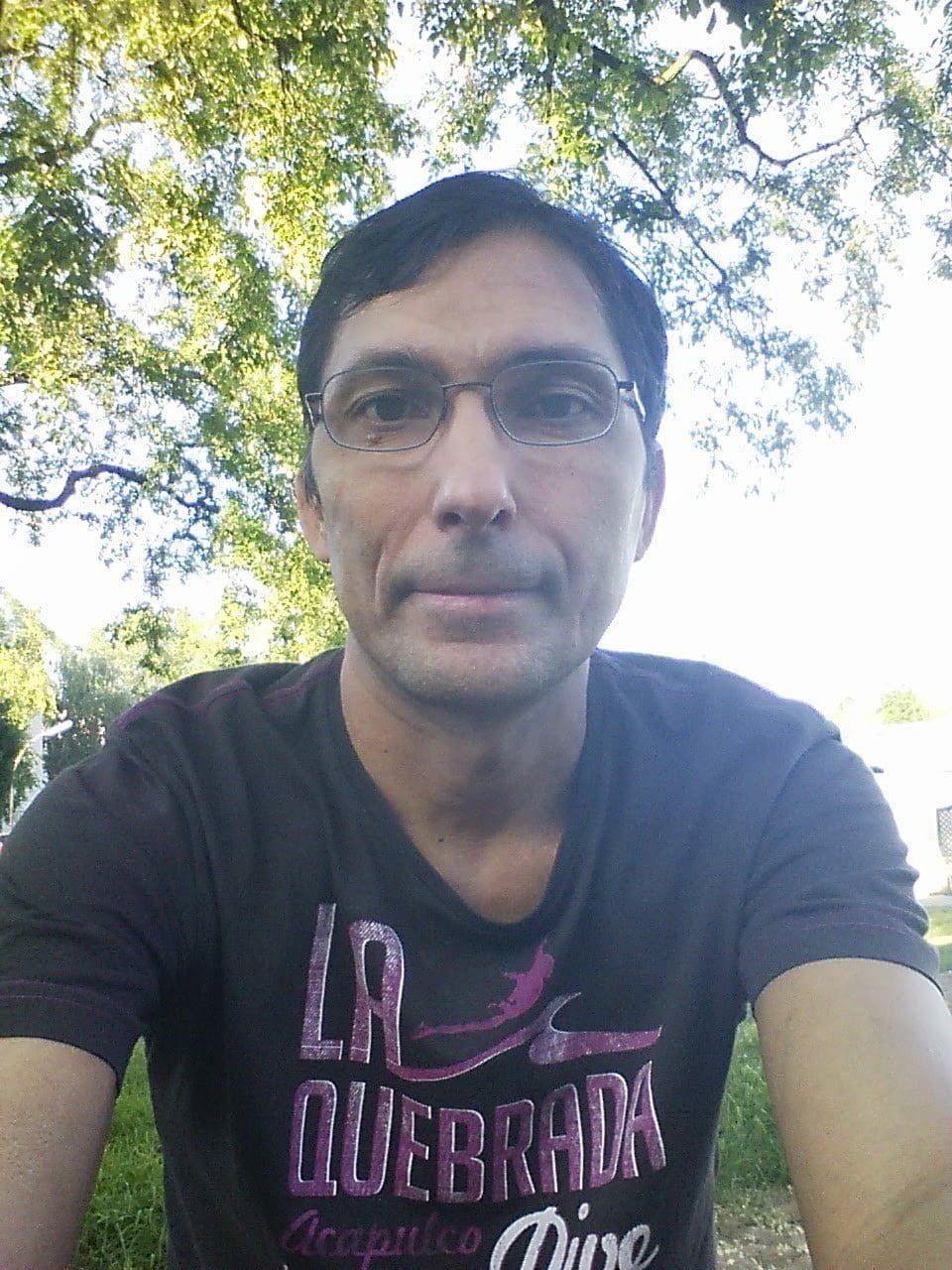
Jorge Luis Arzola
- Cuba
- Zu Gast beim ilb: 2002, 2003, 2013
Jorge Luis Arzola was born in 1966 in Jatibonico, Cuba. Unlike those authors who have up to now shaped the image of Cuban literature, Guillermo Cabrera Infante, Miguel Barnet, Jesús Díaz and Reinaldo Arenas, Arzola belongs to a new generation of writers, the so-called „novísimos“. This generation is on the one hand influenced more than the preceeding one by the new awareness of national identity which has resulted following the Cuban revolution, and on the other hand, following the political and economic crisis facing the country after the fall of the Iron Curtain, it questions these ideals.
In 1993 when rationing, shortage of paper and the “Special period in peacetime”, which had been declared by Fidel Castro, had reached their climax, Salvador Redonet initiated a new critical debate in Cuban literature with an anthology of work exclusively by writers of the new generation, among them Arzola. In the introduction to „Los últimos serán los primeros“ one reads the unusual statement: “The social and aesthetic purpose of these texts is a radical one: they are topical, they go beyond rusty conventions, examine our weaknesses and strengths, they deal with the here and now. They gloss over and hide nothing and call a spade a spade, even if it does (not) concern roses.”
About the same time as Redonet’s anthology, Arzola’s first stories were published. With „Pájaro sin cabeza“ in 1991 and „Prisionero en el Círculo del Horizonte“ in 1994 he was able for the first time to reach a wider public. Other work of his, including „Fábula de ángeles“ (1997) and the anthology „Cubanísimo! Junge Erzähler aus Kuba“, edited by Michi Strausfeld, now in German and Spanish, was published in Cuban and international anthologies. Arzola’s most recent work, “La Bandada Infinita”, for which he was honoured with the Iberio-American “Alejo Carpentier Prize”, was published in 2000. This particular volume contains the short story entitled “Cosas esenciales” in which the author, in an unusually dense language, weaves together the varied combination of erotic desires with themes of fleeing and freedom. The narrative voice, in a constantly agitated way, loosens firmly established patterns of identity and attempts to define in language new contexts of sexual behaviour. “But I could also have been the girl. […] and I felt the boy’s hand around my waist. It was a tender hand, almost like that of a young girl.”
Jorge Luis Arzola was a guest of the German Academic Exchange Service in Berlin in 2003, and held a scholarship of the programme “Writers in Exile” until 2006. He lives in Cologne and is currently working on his second novel “Los huesos más blancos” (t: The whitest bones).
© international literature festival berlin
La Bandada Infinita
Ed. Lectras Cubanas
Havanna, 2000
Todos los buitres y el Tigre
Ediciones Siruela
Madrid, 2006
Fremde Heimat. Texte aus dem Exil
[Hg: Christa Schuenke u. Brigitte Struzyk]
Matthes & Seitz
Berlin, 2013
